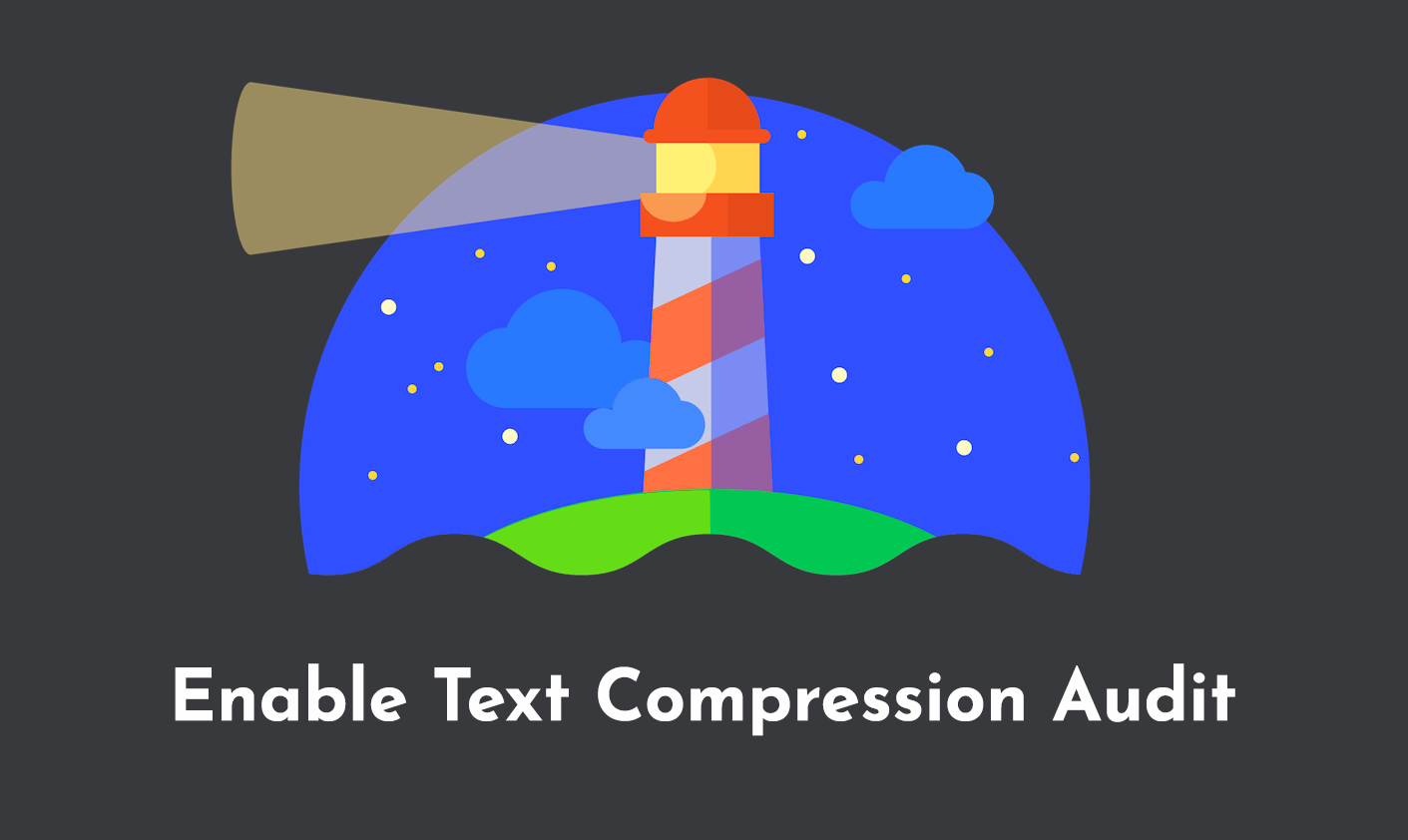
Enable Text Compression is a Lighthouse Performance Audit. Website Speed Testing Tools that are powered by Lighthouse such as PageSpeed Insights, SpeedVitals, and GTMetrix can trigger this audit.
Let's take a deep dive and understand what is Text Compression and how you can enable it to pass the audit.
What is Text Compression?
Text compression is a technique that reduces the size of text data, making it quicker to transmit over networks and faster to load on users' devices.
It's a crucial aspect of web performance optimization, and it primarily targets text-based resources like HTML, CSS, and JavaScript files. Let's delve into two popular text compression methods: GZip and Brotli.
GZip
GZip is a widely used method for file compression and decompression. It's particularly effective for text files, where it can significantly reduce the file size without losing any data.
GZip works by finding and eliminating duplicate strings within a text file, replacing them with pointers to the first instance of the string. This process results in a smaller file that can be transmitted more quickly over a network, leading to faster page load times.
Brotli
Brotli is a newer, more efficient compression algorithm developed by Google. It offers better compression ratios than GZip, meaning it can make files even smaller.
Brotli is particularly effective for compressing text-based files like HTML, CSS, and JavaScript. However, it's worth noting that while Brotli is supported by most modern browsers, its adoption is not as widespread as GZip's.
How Text Compression can Improve Performance
Text compression can significantly enhance your website's performance. By reducing the size of your text-based files, you decrease the amount of data that needs to be transferred over the network.
This reduction leads to faster page load times, which can improve user experience and potentially boost your site's search engine rankings.
When a user visits a compressed webpage, their browser downloads the compressed files, decompresses them, and then displays the content. Because the compressed files are smaller, they download more quickly, leading to a faster, more responsive user experience.
This speed can be particularly noticeable on mobile devices or slow network connections.
When Lighthouse triggers this Audit
Google's Lighthouse tool triggers a Enable Text Compression audit when it detects text-based resources on your webpage that aren't compressed. These resources could include HTML, CSS, or JavaScript files. If these files aren't compressed, they're larger than necessary, which can slow down your page load times.
Lighthouse flags any uncompressed text-based resource that could save more than 1.4 KiB after compression. It also provides an estimate of the potential savings in kilobytes and the percentage reduction in file size.
How to Enable Text Compression
Enabling text compression depends on the server you're using. For Apache servers, you can enable GZip compression by adding specific directives to your .htaccess file. For NGINX servers, you can enable compression by adding directives to your nginx.conf file.
Follow the following guide to implement the same in Litespeed Servers.
When a browser requests a resource, it includes an Accept-Encoding HTTP request header to indicate what compression algorithms it supports. Your server can then return the resource compressed with one of the supported algorithms, indicating which one it used with the Content-Encoding HTTP response header.
Enabling Text Compression in WordPress
Enabling text compression in WordPress can be achieved using various speed optimization plugins. These plugins generates static HTML files from your dynamic WordPress blog. After an HTML file is generated, your web server will serve that file instead of processing the comparatively heavier WordPress PHP scripts.
These plugin supports GZip compression, meaning it can compress your site's HTML, CSS, and JavaScript files. This compression can make your site load faster, particularly on slow connections.
Summing Up
Text compression is a powerful tool for improving your website's performance. By compressing your text-based resources, you can make your site load faster, providing a better user experience and potentially boosting your search engine rankings.
